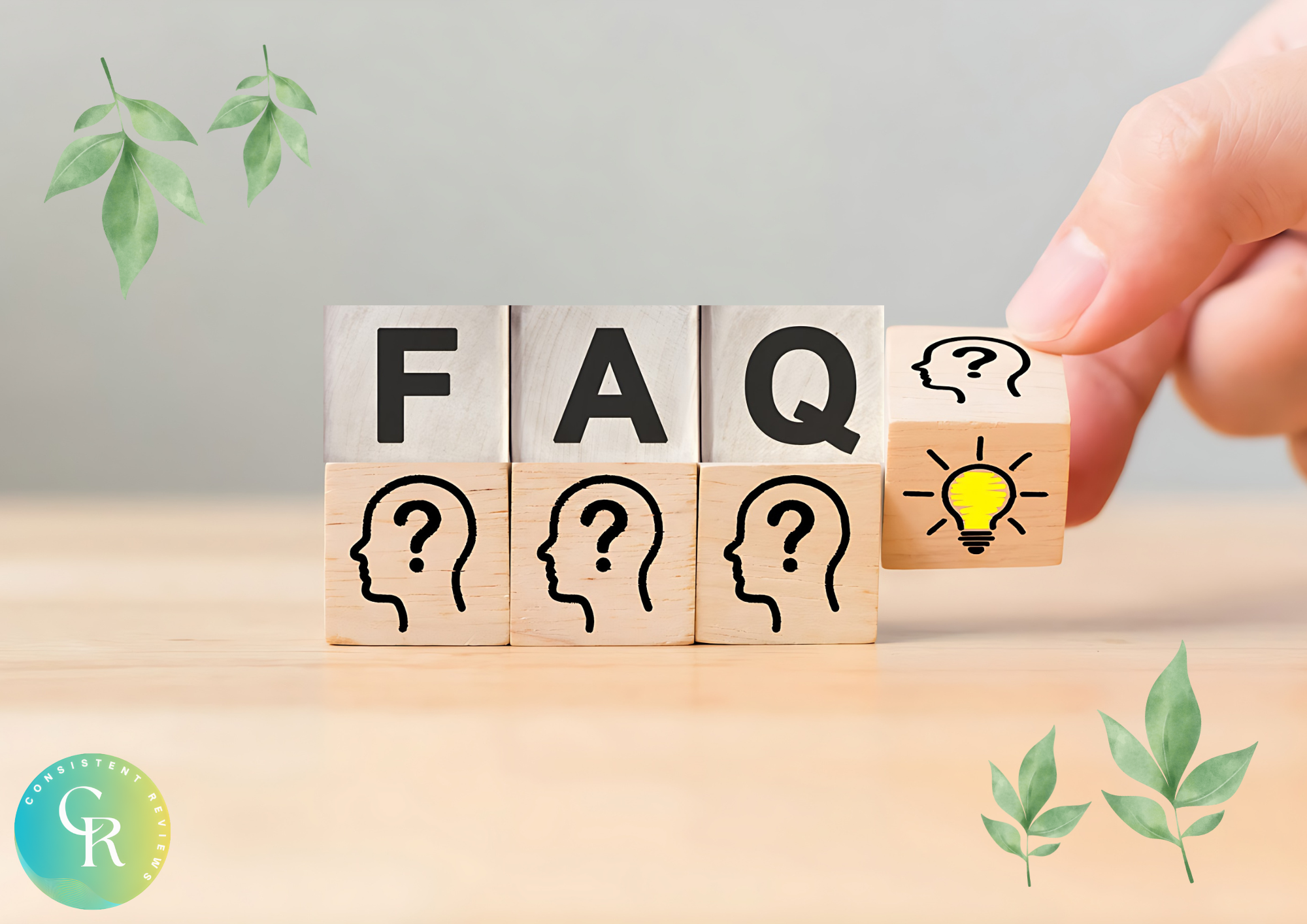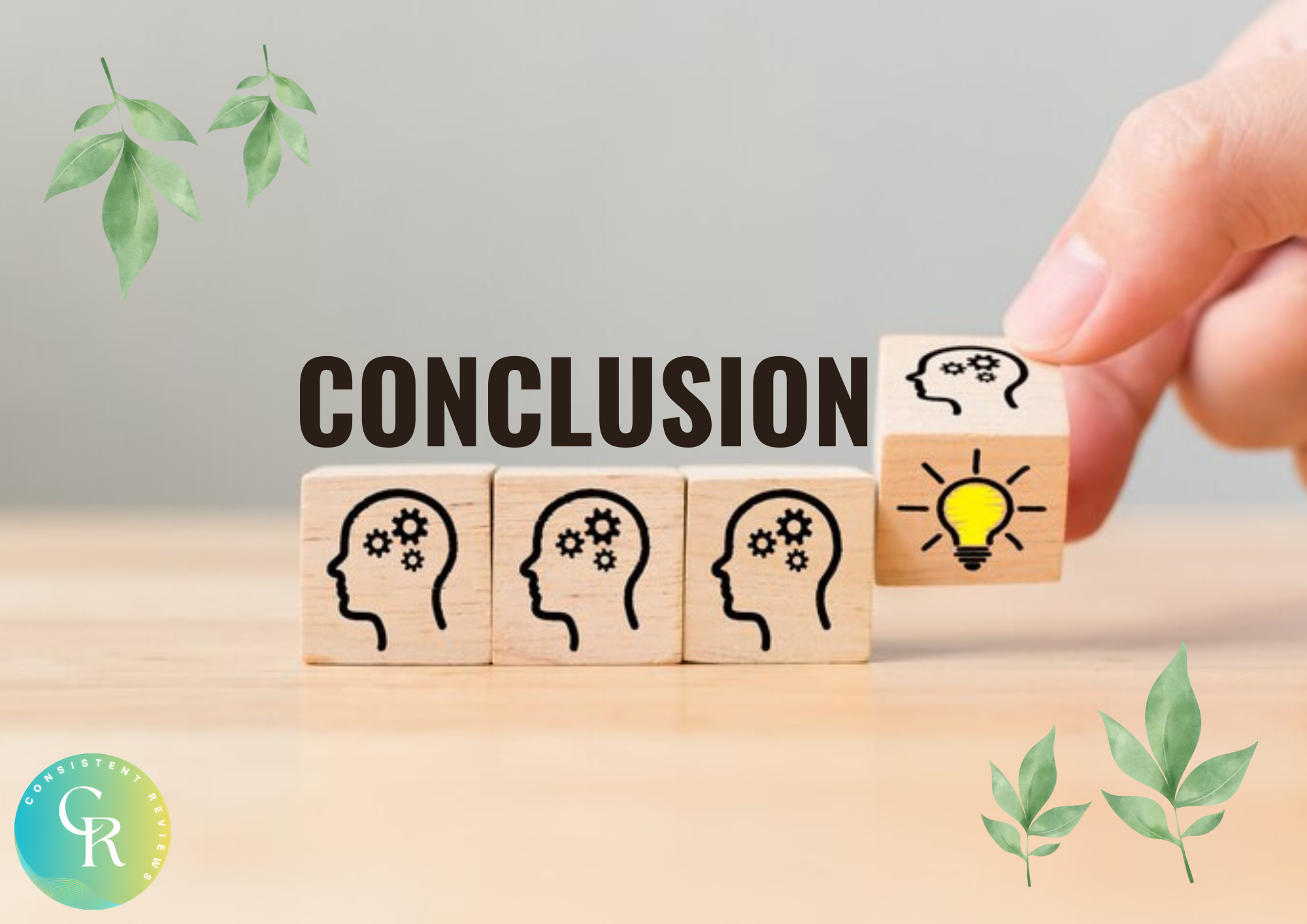Key Takeaways:
- Understanding Electrolytes: Electrolytes are essential minerals that help maintain fluid balance, nerve function, and muscle health.
- Daily Consumption: Drinking electrolytes daily can be beneficial, especially for active individuals, but moderation is key.
- Potential Risks: Overconsumption of electrolytes can lead to health issues such as hypernatremia or hyperkalemia.
Introduction to Electrolytes

Electrolytes are like the unsung heroes of our bodies, quietly ensuring everything runs smoothly. These minerals, including sodium, potassium, calcium, and magnesium, are crucial for maintaining fluid balance, nerve function, and muscle contractions. Imagine them as the conductors of an orchestra, ensuring every section plays in harmony.
In our fast-paced lives, staying hydrated is more important than ever. But is it okay to drink electrolytes every day? Let's dive into the nitty-gritty of daily electrolyte consumption and its impact on our health.
The Role of Electrolytes in the Body
Electrolytes are vital for various bodily functions. They help regulate nerve and muscle function, hydrate the body, balance blood acidity and pressure, and help rebuild damaged tissue. Without them, our bodies would be like a car without fuel.
For athletes or those engaging in intense physical activities, electrolytes are particularly important. They help replenish what is lost through sweat, ensuring that the body continues to function optimally. However, even for the average person, maintaining a balance of these minerals is crucial for overall health.
Daily Electrolyte Needs
The amount of electrolytes one needs can vary based on several factors, including age, activity level, and overall health. For most people, a balanced diet provides sufficient electrolytes. Foods like bananas, spinach, and yogurt are excellent sources.
However, for those who exercise regularly or live in hot climates, additional electrolyte intake might be necessary. It's like adding a little extra oil to a well-oiled machine to ensure it runs smoothly. But how much is too much? That's the million-dollar question.
Benefits of Drinking Electrolytes Daily

Drinking electrolytes daily can offer several benefits, especially for those with active lifestyles. They help maintain hydration, support muscle function, and prevent cramps. It's like having a safety net that catches you before you fall.
Moreover, electrolytes can aid in recovery after a workout, ensuring that your body bounces back quickly. For those who sweat a lot, replenishing lost electrolytes can prevent fatigue and keep energy levels up.
Potential Risks of Overconsumption
While electrolytes are essential, too much of a good thing can be harmful. Overconsumption can lead to conditions like hypernatremia (excess sodium) or hyperkalemia (excess potassium), which can have serious health implications.
It's crucial to strike a balance. Think of it as walking a tightrope; too much or too little can throw you off balance. Monitoring your intake and listening to your body's signals can help maintain this delicate equilibrium.
Electrolytes and Exercise
For athletes, electrolytes are a game-changer. They help maintain endurance, prevent cramps, and aid in recovery. Imagine running a marathon without them; it would be like trying to drive a car on an empty tank.
However, it's essential to tailor electrolyte intake to individual needs. Not every athlete requires the same amount, and factors like sweat rate and exercise intensity play a significant role in determining the right balance.
Electrolytes in Everyday Diet
Most people can get their daily dose of electrolytes from a balanced diet. Foods rich in potassium, calcium, and magnesium are readily available and can help maintain the necessary balance.
However, for those who might not get enough from their diet, electrolyte drinks or supplements can be a convenient option. It's like having a backup plan in case your primary source falls short.
Choosing the Right Electrolyte Drink
With a plethora of electrolyte drinks on the market, choosing the right one can be overwhelming. It's essential to look for drinks with a balanced mix of sodium, potassium, and other essential minerals.
Avoid drinks high in sugar or artificial additives. Think of it as choosing a healthy meal over fast food; the quality of ingredients matters. Reading labels and understanding what's in your drink can make all the difference.
Electrolytes and Hydration
Electrolytes play a crucial role in hydration. They help the body absorb water more efficiently, ensuring that every cell gets the hydration it needs. It's like having a superhighway for water to travel through your body.
For those who struggle with staying hydrated, especially in hot climates or during intense workouts, electrolyte drinks can be a lifesaver. They ensure that the body retains the water it needs to function optimally.
Electrolytes for Kids and Teens
Children and teenagers have different electrolyte needs compared to adults. Their bodies are still growing, and they might require more electrolytes, especially if they're active in sports.
However, it's essential to ensure they're not consuming too much. Monitoring their intake and ensuring they get electrolytes from natural sources like fruits and vegetables can help maintain a healthy balance.
Electrolytes and the Elderly
As we age, our bodies' ability to maintain electrolyte balance can diminish. For the elderly, staying hydrated and maintaining electrolyte levels is crucial for overall health.
Electrolyte drinks can be beneficial, but it's essential to choose ones that cater to their specific needs. Consulting with a healthcare professional can provide guidance on the right balance.
Electrolytes and Medical Conditions
Certain medical conditions can affect electrolyte balance. For instance, kidney disease can impact the body's ability to regulate potassium levels. In such cases, it's crucial to monitor electrolyte intake closely.
Consulting with a healthcare professional can provide insights into how to manage electrolyte levels effectively. It's like having a roadmap to navigate the complexities of managing a medical condition.
Natural Sources of Electrolytes
Nature provides a bounty of electrolyte-rich foods. Bananas, avocados, and leafy greens are excellent sources of potassium. Dairy products and nuts can provide calcium and magnesium.
Incorporating these foods into your diet can help maintain electrolyte balance naturally. It's like having a treasure trove of nutrients at your fingertips, ready to support your health.
Electrolytes and Weight Loss

For those on a weight loss journey, electrolytes can play a supportive role. They help maintain energy levels and prevent fatigue, ensuring that workouts are effective and sustainable.
However, it's essential to choose electrolyte sources wisely. Opt for drinks and foods that are low in sugar and calories to support your weight loss goals.
Electrolytes and Mental Health
Electrolytes can also impact mental health. They play a role in nerve function and can influence mood and cognitive function. It's like having a well-tuned instrument that plays beautiful music.
Ensuring a balanced intake of electrolytes can support mental clarity and emotional well-being. It's a small step that can have a significant impact on overall mental health.

Can I drink electrolyte water every day?
Yes, you can drink electrolyte water daily, especially if you're active or live in a hot climate. However, it's essential to monitor your intake and ensure you're not consuming too much.
Are there any side effects of drinking too many electrolytes?
Overconsumption of electrolytes can lead to health issues like hypernatremia or hyperkalemia. It's crucial to maintain a balance and consult with a healthcare professional if you have concerns.
What are natural sources of electrolytes?
Natural sources of electrolytes include bananas, avocados, leafy greens, dairy products, and nuts. Incorporating these foods into your diet can help maintain electrolyte balance naturally.

Drinking electrolytes daily can be beneficial, especially for those with active lifestyles or specific health needs. However, moderation is key. It's essential to listen to your body and adjust your intake based on individual needs. By understanding the role of electrolytes and choosing the right sources, you can support your health and well-being effectively.








